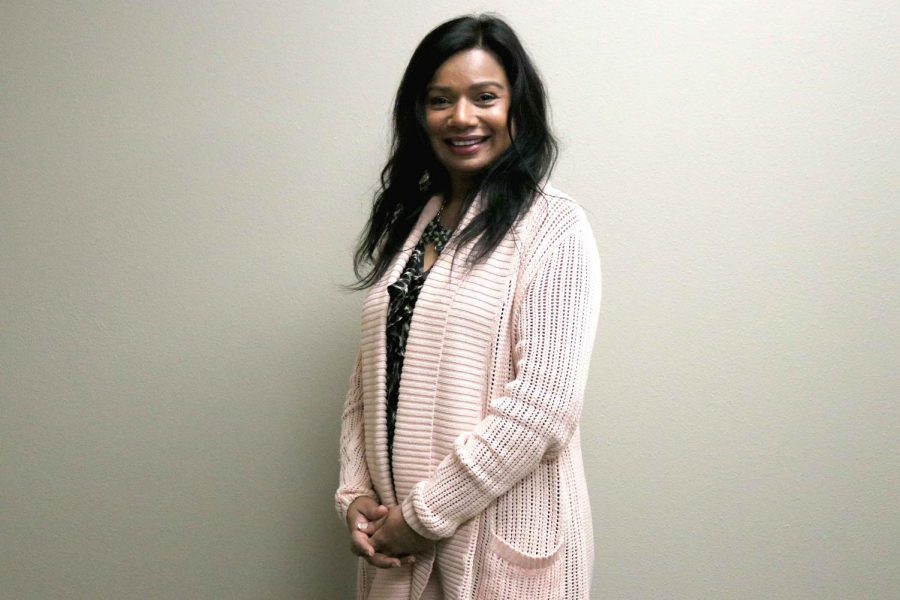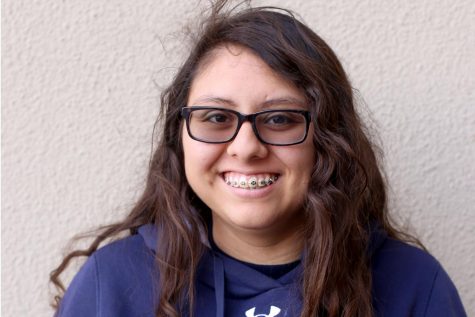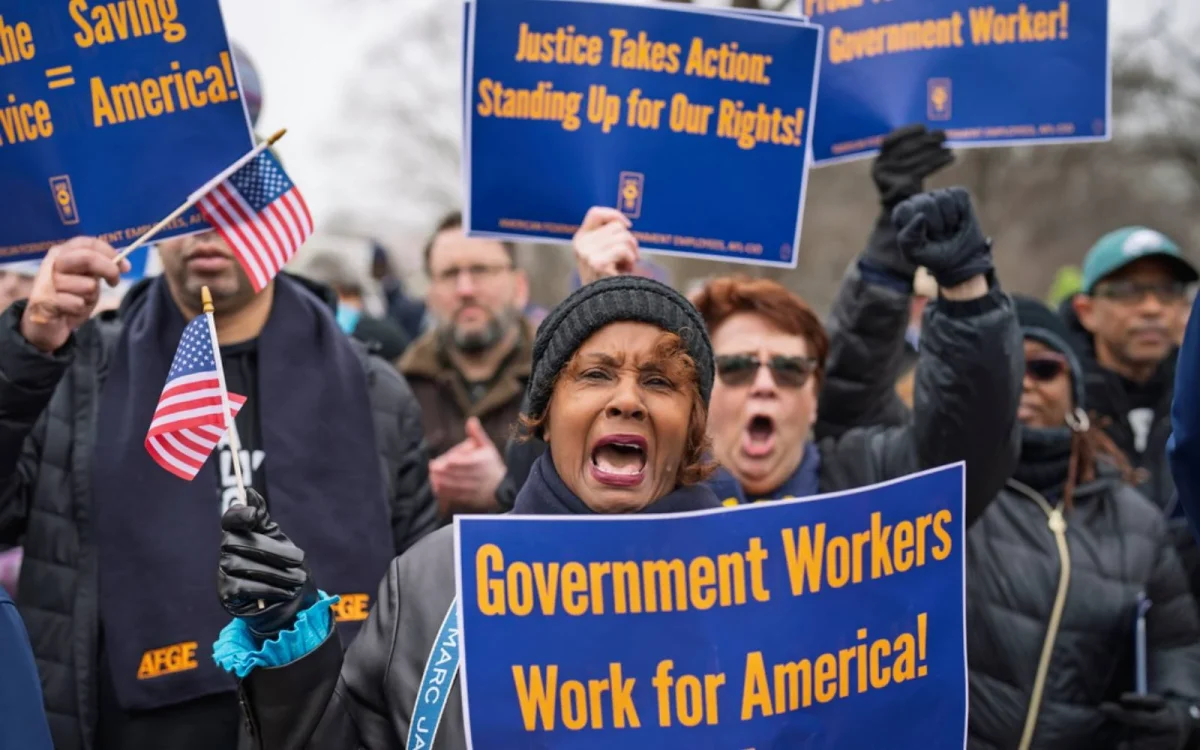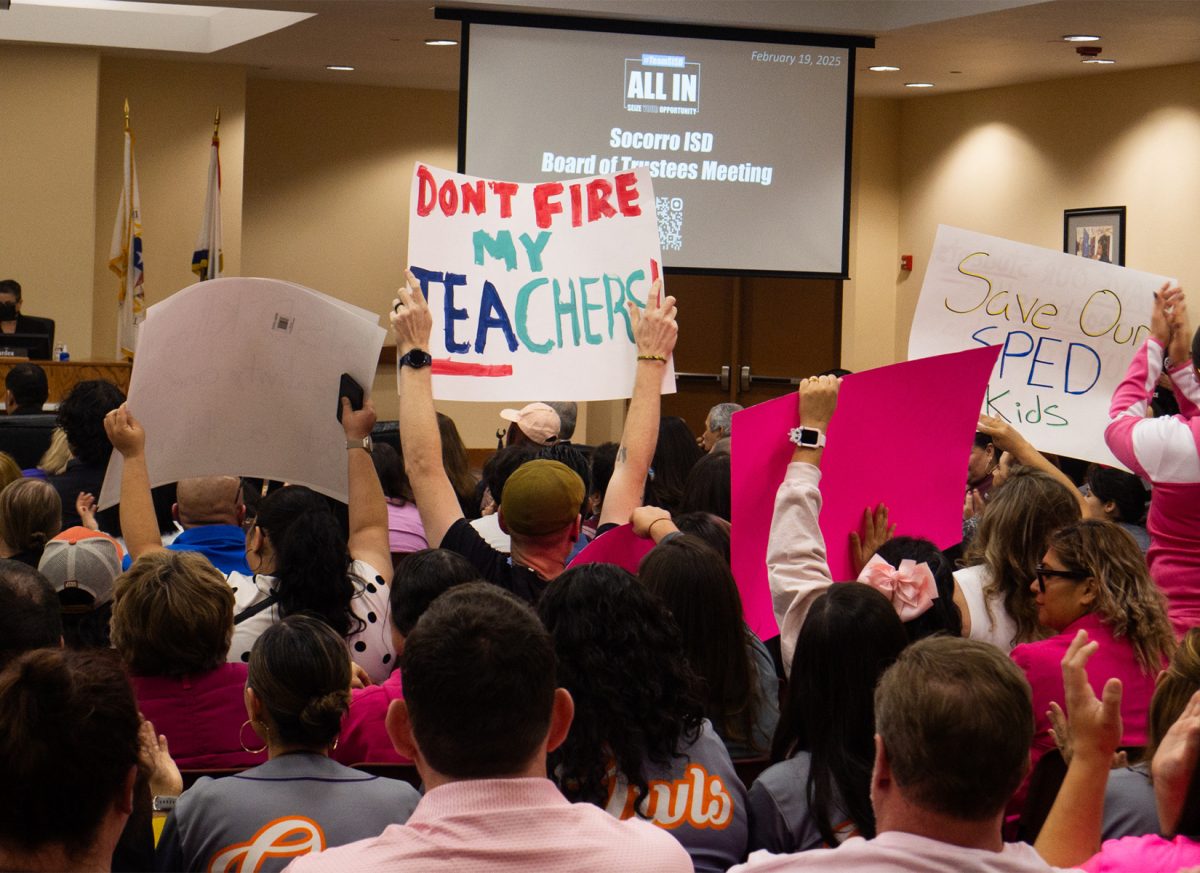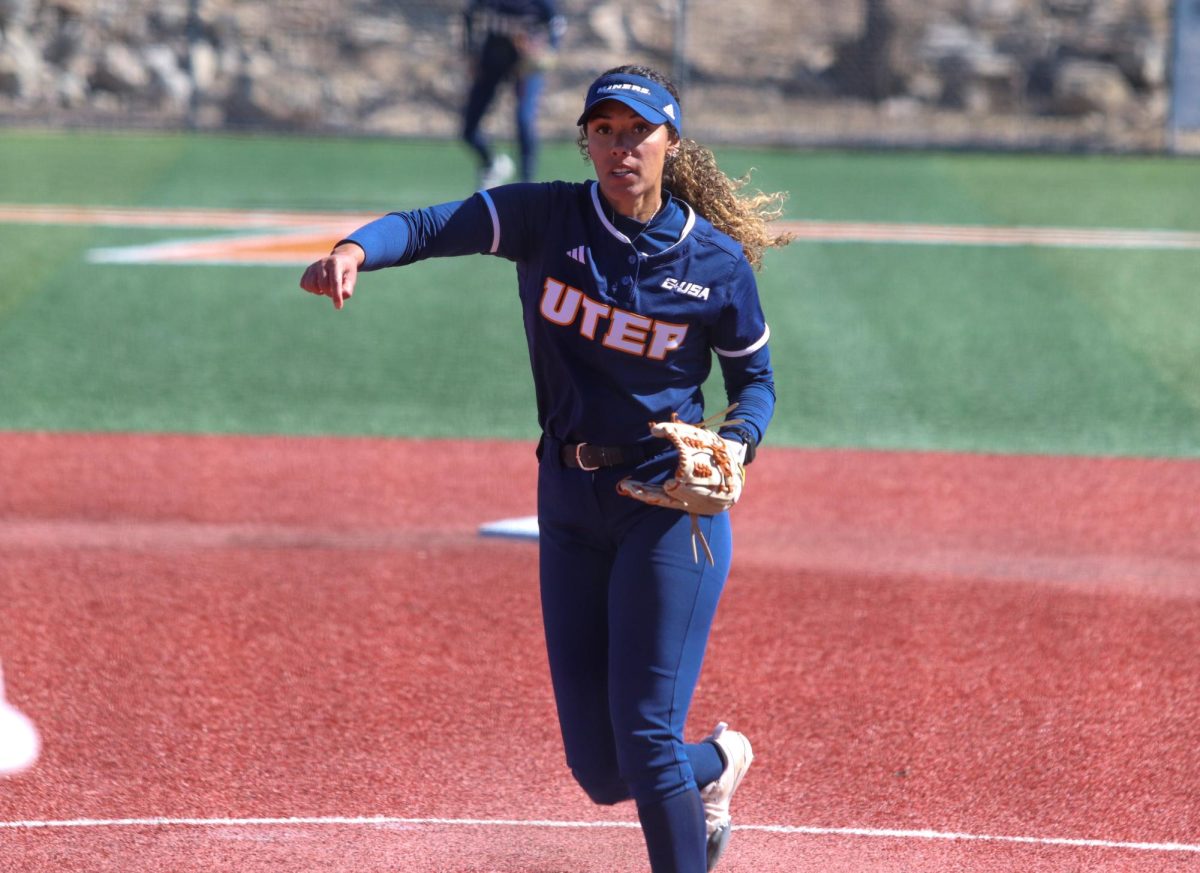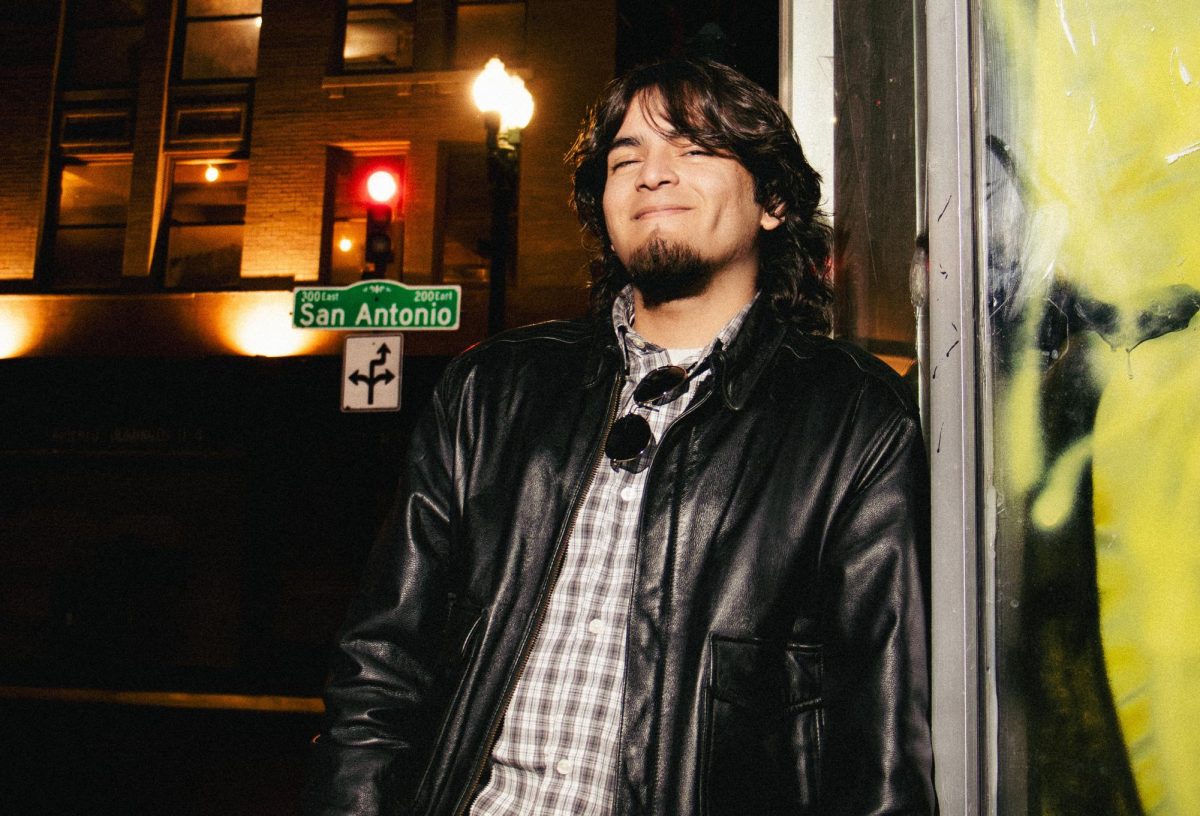Dr. Thenral Mangadu, an associate professor in the Department of Public Health at UTEP has helped raise up over $5 million in research and projects that promote healthier lifestyles for several communities, especially those in the far east El Paso.
Dr. Mangadu is a medical doctor from India and has been living in El Paso close to 20 years now. With an education background focusing on public health and interdisciplinary health sciences, her areas of interest include HIV, substance abuse, and violence prevention and mental health issues.
10 years ago she found the communities’ needs and strengths while evaluating public health programs. With her experience in community-engaged research, Dr. Mangadu has approached the communities’ issues with a holistic model.
“We are not only addressing HIV testing and treatment, connection to treatment, but the foundational aspects of that,” Dr. Mangadu explained. “Is the person having a healthy relationship? Are they experiencing family violence? Are they eating healthy? Do they have enough food to eat? Do they live in food deserts? Do they have access to healthy foods? And then mental health needs. All of these is connected to HIV.”
“That is the most significant success, that this recognition for this kind of work that we’re able to implement so the same person can get all these services rather than fragmenting just one of those services,” Mangadu added.
The projects not only help the communities they focus on, but they also help UTEP students from all majors.
“Student engagement is a key component in all the projects I direct. We have UTEP students, undergraduates, and graduates, engaged as peer educators, popular opinion leaders, community educators,” Dr. Mangadu said. “This helps both students and the communities. For the students it’s an experience of the real world, the exposure to the real world, which helps them to be better professionals, helps them understand why they’re learning what they’re learning and that’s what employers are looking for.”
It is also worth mentioning that, while gaining experience and even help their own communities, students can even conduct their own research as they work in these projects, according to Dr. Mangadu.
As of now, Dr. Mangadu and her team have just completed a project regarding HIV and substance abuse prevention on minorities on-campus. They are also currently working on another HIV prevention project that focuses on minority women, still keeping the holistic approach of looking at all the areas of life in the community. Furthermore, Mangadu is working on a Department of Justice-funded violence-prevention project that includes the recent launching of a mobile app that students will know more about on Monday.
Among her future projects are one that focuses on helping pregnant and postpartum women, non-residential family members, and children up to 17 years old with services and other activities.
“We’re going to have support services for them, where they can interact as a family, including field trips, gardening, those kind of things,” Dr. Mangadu said.
Another project that she has focuses on reducing the stigma regarding mental health conditions.
Last but not least, another three-year future project that is coming includes training law enforcement on-campus, first-responders, and counselors in what Dr. Mangadu called “mental health first-aid”.
“They are all individual projects but they’re all addressing connected issues in our community, on-campus and in the community,” Dr. Mangadu said.

